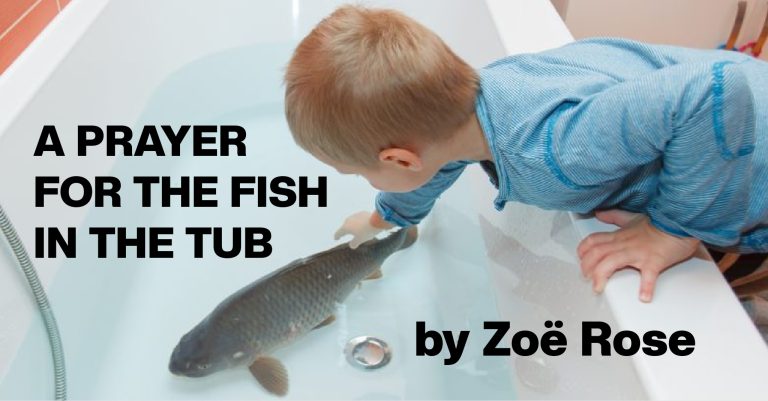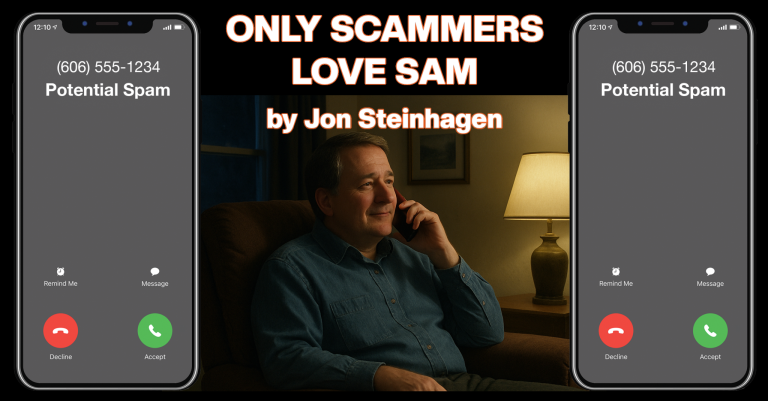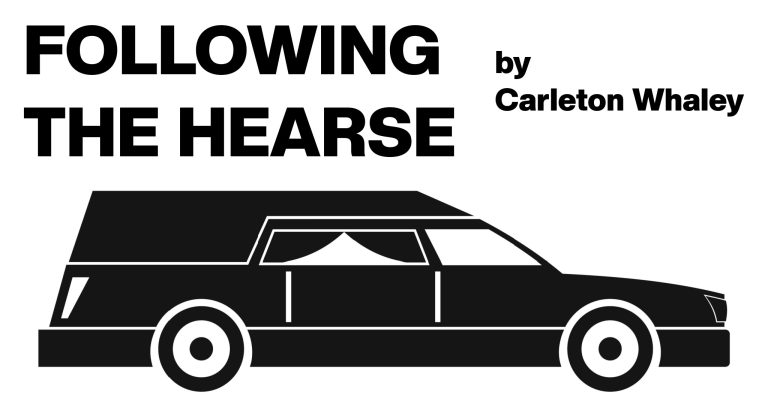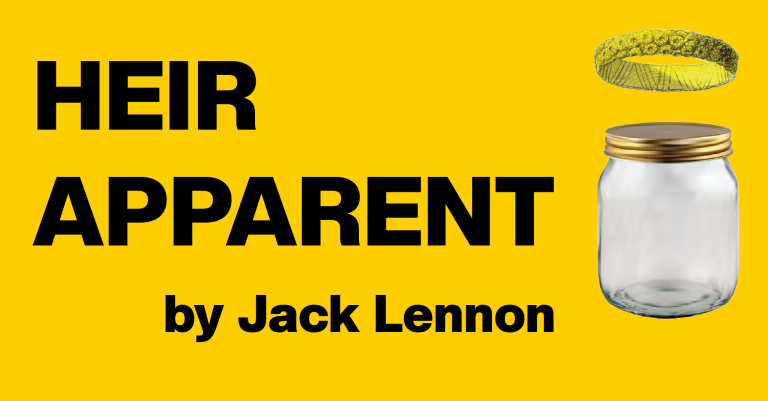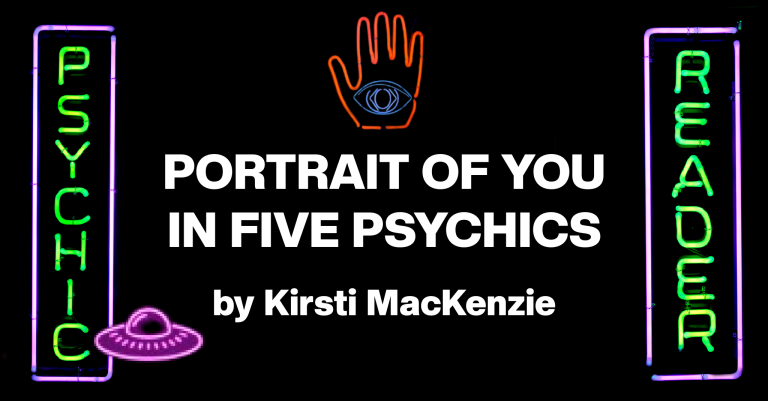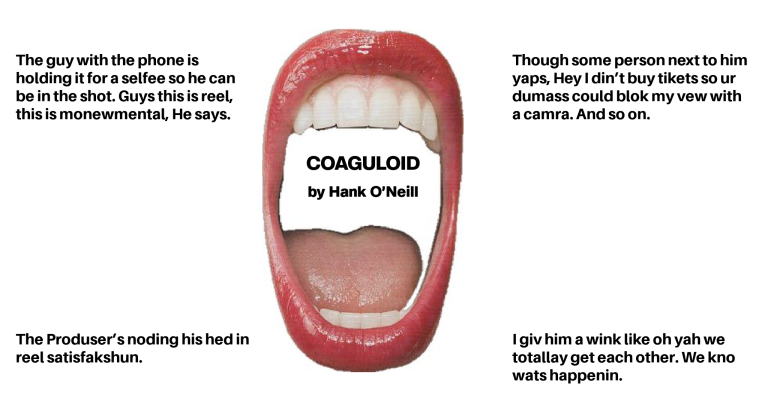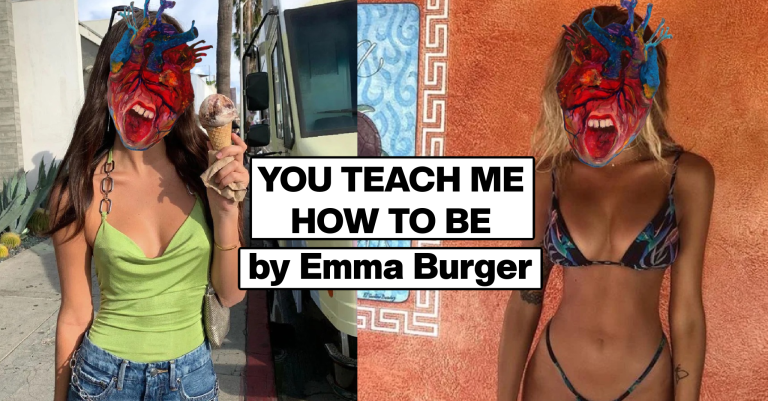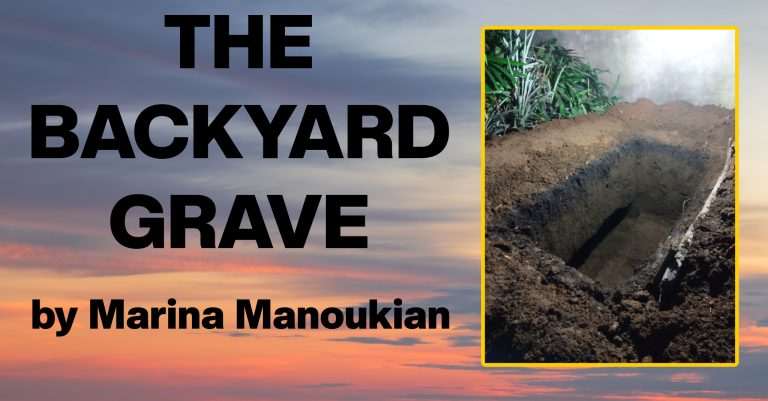
THE BACKYARD GRAVE by Marina Manoukian
My father dug his own grave. But he didn’t use it right away. For years, the grave lay unfilled and inviting. All he would do was visit it once in a while, stand by its empty feet, and sigh. I don’t know if it was a sigh of relief or impatience. He made us promise to leave the grave unmarked once everything was in its place. Everything has its place. I slept in the grave once. But not on purpose. It’s ill-advised to read meaning into sleepwalking so I won’t try. All I know is that I woke up surrounded

